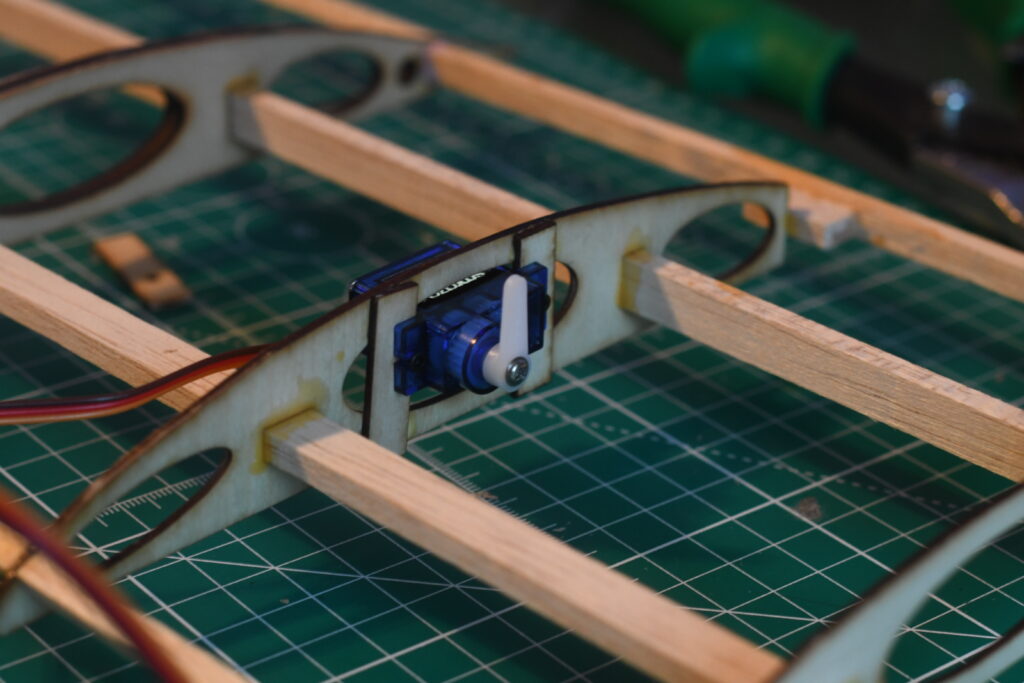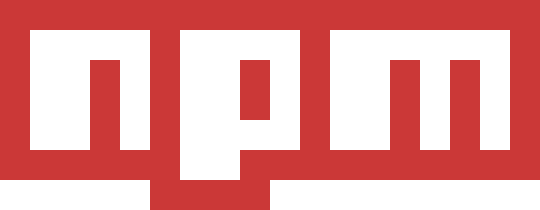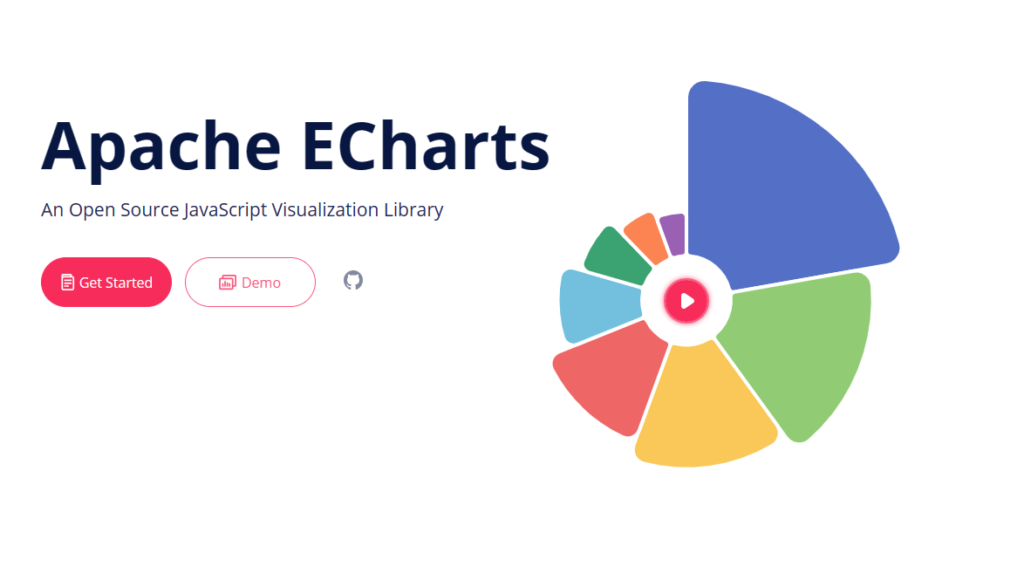Empowering Software Engineers and Product Teams in Data Visualization Design
Data visualization is a cornerstone of modern application design, allowing users to quickly understand complex information at a glance. However, the effectiveness of a data visualization depends heavily on its design principles. For software engineers and product teams, being armed with these principles is essential not only for creating impactful visualizations but also for having…
Read more









